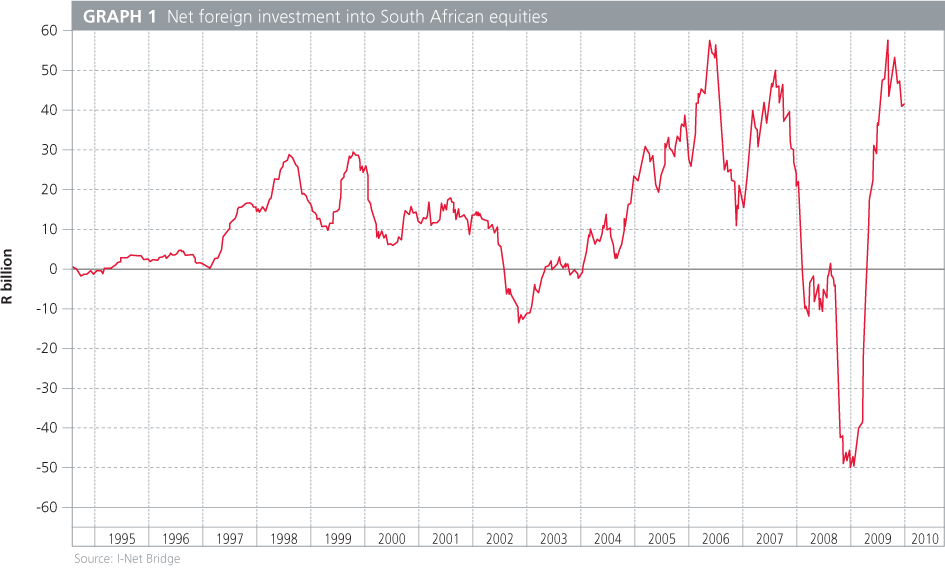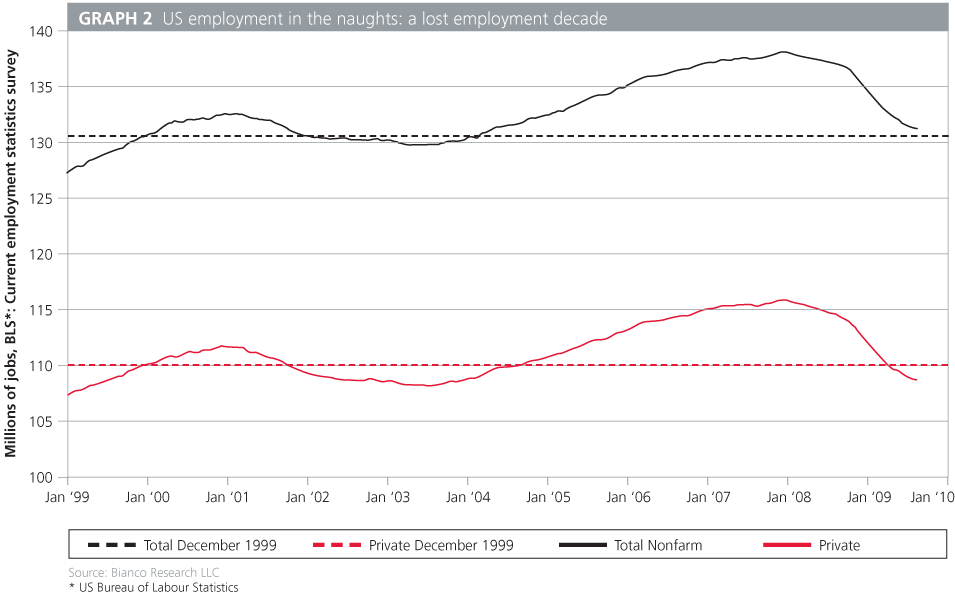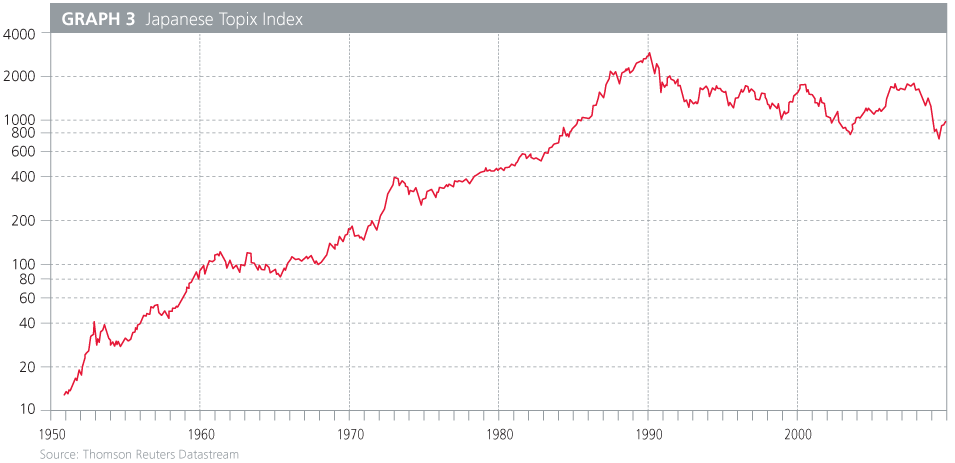Governments around the world are engaged in significant fiscal and monetary stimulus. But there is some doubt about whether their efforts will improve the real economy sustainably, and it is unclear what effect they will have on equity valuations. The question is, are investors being sufficiently compensated for the uncertainty of the success of the stimuli and for their potential side-effects on capital markets? If more debt and more spending are needed to support current price levels, it stands to reason also that, unless all of the cumulative spending and debt to date can be re-paid and/or rolled over, asset prices will have to fall.
'What is prudence in the conduct of every private family can scarce be folly in that of a great kingdom.' - Adam Smith
'An economy depends on the player's confidence. If confidence has been shaken by too much bad debt, restore confidence by adding more.' - Hunter Lewis
Regular readers of our recent commentaries will need little reminding that we have been cautious about the prospects for future real returns. A review of recent news, company results and investor comments leaves one with the impression that a significant portion of what is currently assumed in equity prices is based on the expected success of the current global fiscal (government spending) and monetary (low interest rates and quantitative easing) stimulus.
Debt is never free
Is excessive spending truly the way to long-term wealth? Is it better to incur debt than to save? I am certainly no economist but it does not make sense to me. Yet this is precisely what governments, central banks and many mainstream economists are advocating, and the 'easy money' argument is one of the cornerstones of the bullish argument for equities. The ultimate free lunch, if you will.
Expanding credit is a more pleasant way of saying that debt is expanding. If more debt and more spending across the globe are what is needed to support current asset prices (take a read through your daily newspaper), it follows that, unless this debt can be re-paid and/or rolled over at current levels, asset prices will have to fall. Debt has to be paid back, and if it cannot be repaid, it is defaulted on.
Default normally results from either purchasing overvalued assets with debt, or being unable to rollover the debt due to a lack of confidence among lenders, or a combination of both. Asset prices driven by leverage are invariably written down to more realistic levels and/or levels that holders of liquidity able to refinance the debt are willing to accept as collateral.
OVER LONG PERIODS, OVERVALUED ASSETS TEND TO MOVE BACK TO FAIR VALUE
While this is a familiar, if painful chain of events for individuals with, for example, a mortgage or a business with too much debt, government debt also has to be serviced and eventually dealt with by either:
- Increasing the tax burden on citizens and businesses to repay the debt,
- Inflating the debt away via inflationist policies, that is, repaying the debt eventually with money that is worth much less than what was borrowed, or
- By defaulting.
Regardless of where the pain is borne, none of the above options would seem positive for the real value of businesses. Even now, sound businesses and prudent individuals who were cautious are being rewarded for that prudence by subsidising those who over-levered and over-expanded through direct subsidies (think 'Cash for Clunkers' the US Car Allowance Rebate System), higher taxes and low yields on cash.
'The profit system is effectively a profit and loss system. The stick of loss and bankruptcy is arguably more important than the carrot of profit in motivating the players and regulating the system. But Keynesianism rejects loss and bankruptcy as an unnecessary anachronism. Recessions are, if possible, avoided and, if not, papered over with bailouts and artificial stimulus. As a result, the errors of the past are never liquidated and new errors are piled atop the old.' - Hunter Lewis: Where Keynes went wrong.
The effect of easy money on short- and long-term asset prices
Other than perhaps in China, lending by banks continues to decline or grow very slowly despite the monetary and fiscal stimulus. So where has all the 'easy money' gone? It appears that much of it has gone into asset prices. This investment strategy works, until investors try to exit the trend simultaneously. Witness the net foreign outflows in the second half of 2008 in Graph 1 as an example. (Of course everyone thinks they will be able to jump off first before any sell-off begins.)

Doubts over the sustainability of the trend may arise as the effect of the stimuli on the real economy and on fundamental equity valuations is unclear. The following graphs are two examples of this. Graph 2 shows the number of jobs in the US over the last 10 years, which contained two of the largest monetary stimuli in history. No net jobs have been created. Graph 3 shows the long and grinding decline in the Japanese Topix Index post the 1990 high despite the massive fiscal spending by the Japanese government over much of the next 20 years. Over long periods, overvalued assets tend to move back to fair value.
What are the implications of all this for investment strategy?
If there is some doubt about whether the fiscal and monetary stimuli will improve the real economy sustainably and justify a higher fair value for equities, the question is how much are investors being asked to pay for the assumed success of the stimulus? A lot, in my opinion.
The price/earnings (P/E) multiple of the FTSE/JSE All Share Index (ALSI) at 16.8x is well above its long-term average of 11.5x. The dividend yield of the ALSI at 2.25%, is half its long-term average of 4.5%. The sustainability of the current P/E and dividend yield are reliant on future earnings. The earnings of the market remain above the long-term trend.
There is, in my view, neither a significant margin of safety, nor is there significant upside in local equities. We have thus continued to reduce the exposure to equities in our asset allocation funds. The market could well continue to test our patience, as well as that of some of our clients, but hopefully we will be well rewarded with an opportunity to buy cheap assets.

